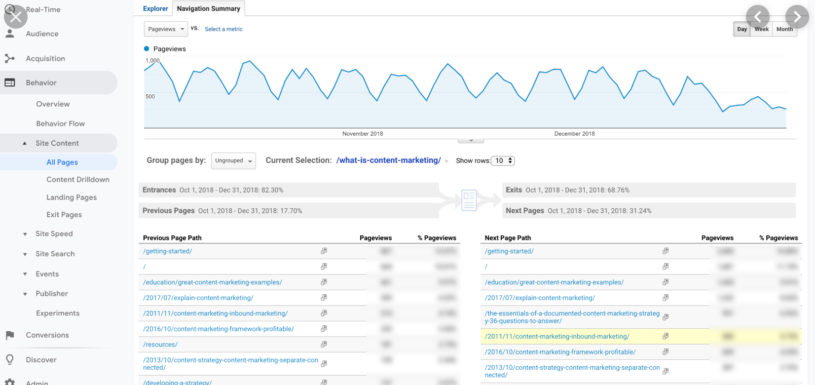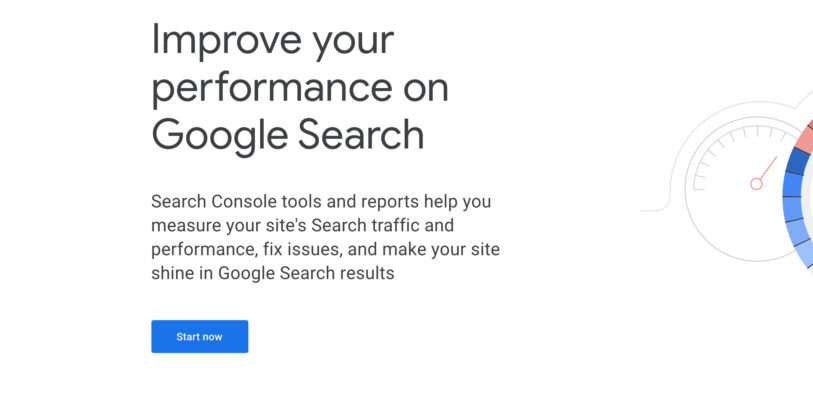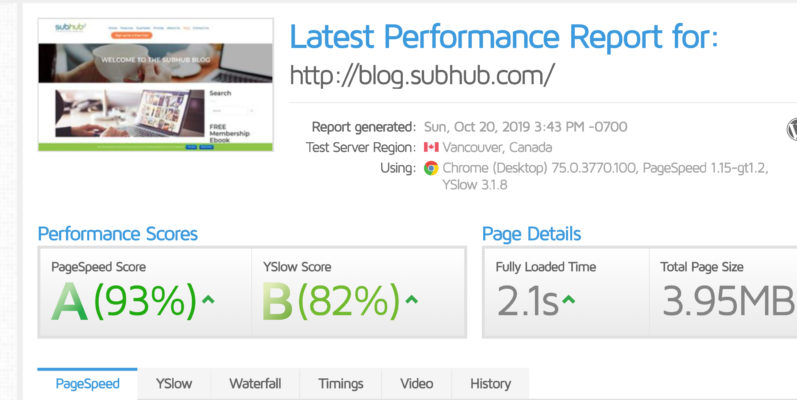
If you’ve been running a membership website for a while, you may be wondering how you are doing in comparison to your competitors.
There are numerous tools that you can use to gauge your performance vs your competition. But before you start using them, you have to know who your competitors are.
It might be obvious if you have a main competitor in your niche, for example the rivals Coke and Pepsi. But if you are in a niche where there are multiple businesses offering the same type of service or product as you, you may not know which companies to target as your competition.
One way to do that online is to simply do an online search for your primary keyword phrases and see which listings consistently rank higher than you do.
Now you can target 2 or 3 primary competitors that you can plug into a software platform with the goal of seeing how they are doing.
If it sounds like spying, it sort of is. But the reality is that they can find out the same information about your website. Don’t worry, there is nothing confidential that can be gleaned by SEO tools, like personal or financial information. The tools collect statistics by analyzing search engine results and by crawling the contents of the websites.

What can these tools find out about your competitors?
Get a list of competitors
Tools like Semrush.com and Ubersuggest.com can help you find out who your competitors are in addition to doing manual searches. Very often the tools will unearth competitors you didn’t know existed. Enter your own website or that of a competitor you know about, and the program will return a list of websites in your space that could considered competition. In other words, these are companies who compete for the same keywords as you do.
Keywords that drive traffic to them
These tools can also tell you the top keywords that your competitor sites rank in Google for. Armed with this knowledge, you can determine if you need to adjust your own keyword strategy. If your website isn’t ranking as well as you’d like compared to a competitor, knowing they keywords they rank for allows you to compete head-to-head and optimize your pages for that phrase.
Estimated traffic per month
Many of these tools can also estimate how many website visitors your site and your competitors receive every month. This is done by using a formula applied to information that is available through Google’s API.
All of this information can give you a good idea of where you stand vs. your competition. And since we all know that knowledge is power, you will be in a better position to create or alter your keyword and SEO strategy to try to overtake competitors in search engine results.
We’ve mentioned a couple of platforms you can use for this purpose — Semrush and Ubersuggest. Here is a list of other resources you can use to get a glimpse of your competitors’ relative success online, and to help you fine-tune your SEO efforts over time.
- Semrush - SEMrush is a software as a service company based in Boston that sells online visibility and marketing analytics software subscriptions. It was founded by Oleg Shchegolev and Dmitry Melnikov as an SEO tool and a browser extension before adopting the SaaS model. This SEO tool does your keyword research, tracks the keyword strategy used by your competition, runs an SEO audit of your blog, looks for backlinking opportunities and lots more. SEMrush is trusted by internet marketers all over the world. It is also used by a number of businesses, big and small
- Google Trends - Google Trends analyzes the popularity of top search queries in Google Search across various regions and languages. The website uses graphs to compare the search volume of different queries over time. This is a great way to find out what are the most popular topics online.
- Answer the Public - This does a similar job as Google Trends does, but you can discover with this tool what questions people are asking about a particular subject. Just type in a keyword or topic and it generates a visual listing of questions being asked online about that topic, by volume. This is a great way to come up with blog post topics as well.
- Google Search Console - Google Search Console is a web service by Google, provided free of charge for webmasters, which allows them to check indexing status and optimize visibility of their websites. This is a must-have for any website hoping to rank in Google search listings. Combined with Google Analytics, it helps you give a complete picture of the popular keywords and pages on your own site.
- Spyfu - SpyFu shows the keywords that websites buy on Google Ads as well as the keywords that websites are showing up for in search results.
- Moz - Moz provides on-site SEO audits, examines technical SEO and helps you track your keyword rankings in Google in comparison to your competitors.
- Woorank – Offers an SEO checker to instantly review your website, track keywords, identify opportunities to outrank the competition, and provides reports.
- BuzzSumo – Another platform to help discover content ideas. What are people searching for? Uncover the most popular topics in any niche, and identify influential authors and creators in those spaces.
- Google Keyword Planner – The keyword planner is one of the most useful (and free tools available if you’re seeking information about keywords. It will provide traffic volumes for any keyword you like, and there’s no limit to how many you can check. You have to have a Google Ads account, but you can open one for free. The other advantage of Google Keyword planner is it’s ability to offer keyword volumes by state or province, whereas some of the other tools will only provide country-wide results.
- Ahrefs – Similar to Ubersuggest and Semrush, Ahrefs helps you audit your website, explore competitors, research keywords & backlinks all in one platform. Powered by seriously big data & trusted by top SEOs.
Pick a few sites and take a look at the results. These are great research tools to use when deciding what subject your website should cover or when tracking what your competitors are doing.









